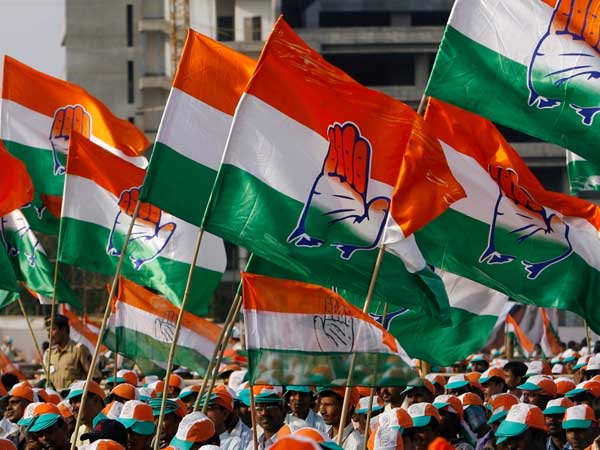New Delhi: The Congress party, which is planning an organisation reshuffle, is also planning to establish a new, broad-based Election Management Committee (EMC). This committee will independently manage the ticket distribution system of the party and decide on seat-sharing formulas with alliance partners during elections.
The EMC will also take into account reports from Pradesh Election Committees (PECs) and conduct internal surveys before making decisions. The committee will also aim to balance caste, regional, and factional equations when selecting candidates.
Senior party leaders indicate that candidate selection will reflect the party’s ideological stance, with a focus on choosing younger candidates, women, as well as Dalit and OBC leaders to strengthen key vote banks. The goal is to project a fresh image for Congress while retaining experienced leaders.
A Congress leader said, “The committee will screen ticket aspirants based on winnability, loyalty, and performance. Candidates with poor electoral records or controversial backgrounds may be rejected. This will make the committee one of the most powerful within the party, and its Chairman will emerge as a key power centre.”
Given Congress’s history of factionalism at the state level, the creation of this unit is seen as a way to balance power dynamics within the party. This is expected to be especially important in states like Rajasthan, Madhya Pradesh, Karnataka, and Maharashtra, where internal rivalries have affected the party’s performance. The EMC will also coordinate with state election committees, war rooms, and political strategists to ensure smooth execution of campaigns.
Political observers view the EMC as a step towards decentralising the power of the General Secretary of Organisation (GSO). However, questions remain about whether any committee
A party insider said, “This development will significantly reduce the power of the General Secretary of Organisation, thus, decentralising authority. Some Congress members have criticised K.C. Venugopal (the current GSO) for wielding excessive power, and now there will be no room for such claims.”
Another senior Congress leader said, “When Rahul Gandhi first began asserting his leadership within the organisation, he was wary of Ahmed Patel (then political secretary to Sonia Gandhi) who held considerable sway over the party’s power structure. Later, under Rahul’s leadership, the same situation emerged with Venugopal, which has contributed to Congress’s failure in several of its electoral battles.”

